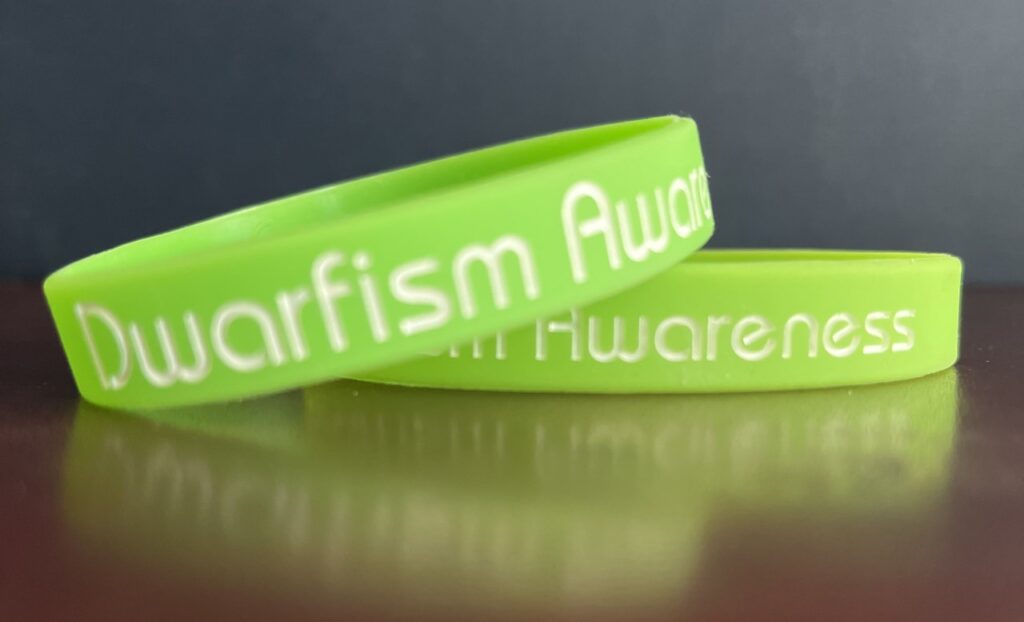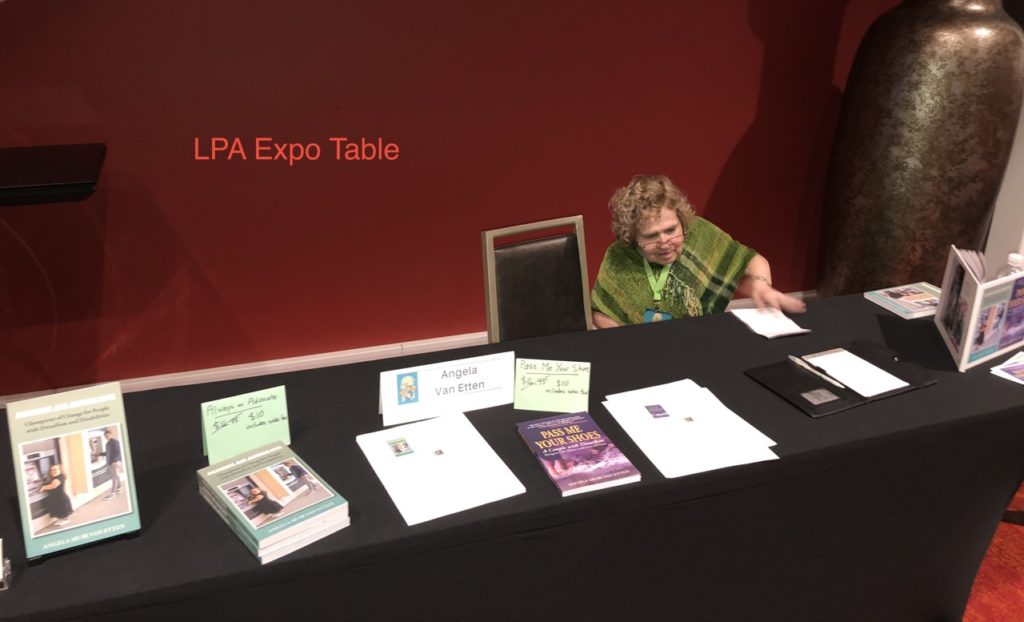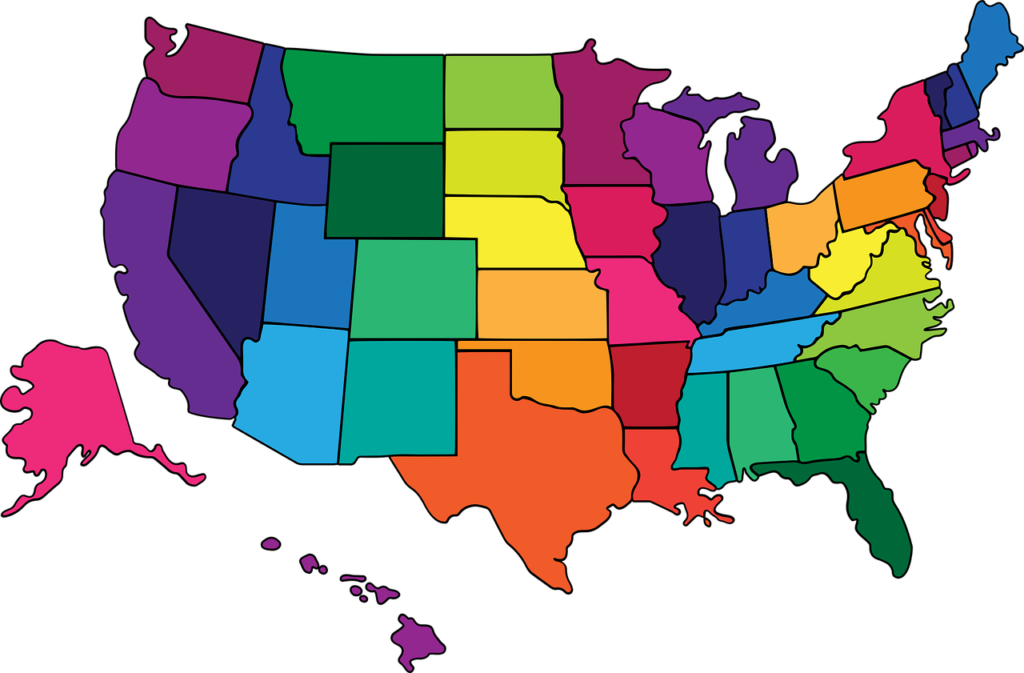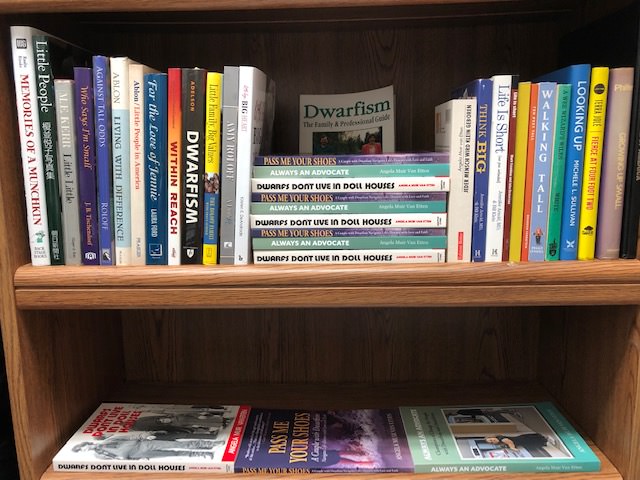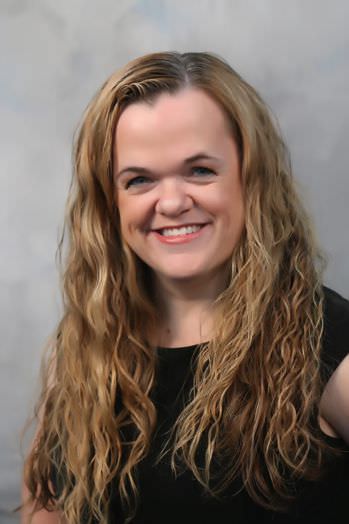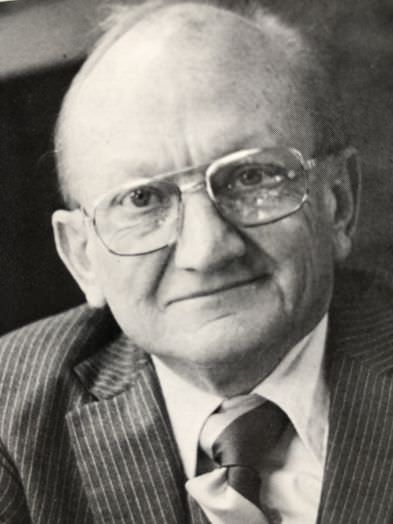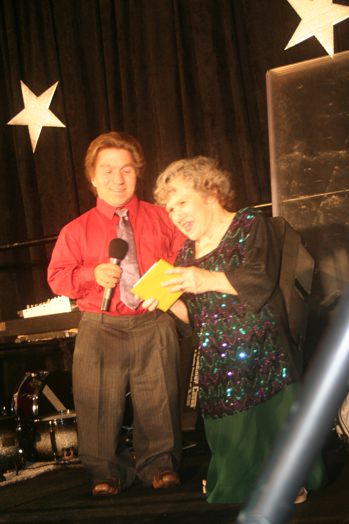
Election season is in full swing in American politics. When I look back 20 years I am reminded of the time I was persuaded to run for national office. No, not as a representative of the people in the United States, but as a Vice President of Little People of America (LPA). March 31, 2004 was the day I announced my candidacy, one day before the April 1st deadline.
My husband, Robert, completely got my attention when he said I should run for president. I was reluctant to run for any office. It meant shelving any work on our marriage memoir, Pass Me Your Shoes, for more than two years. Also, after six months
Want to subscribe to receive blog updates sign up today!
of unemployment, I was finally in the running for two jobs. I couldn’t imagine taking on the LPA presidency at the same time as starting a new job.
I could see the need for an elected officer who would temper passion with patience, value staff and volunteers, work cooperatively as a team member, and promote a fair and equitable process. After much prayer and discussion with Robert, my dilemma about running for president was resolved when Jacob stepped forward as a presidential candidate. But I did put the book on hold and decided to run for VP of membership. Although I had never been on the LPA Executive Committee, I had board experience as parliamentarian, a District 4 proxy, and an administrative assistant during Robert’s two terms as president in the 1980s.
Jacob and I recruited Rachel as a senior vice-presidential candidate who shared our campaign values of respect, integrity, accountability, and inclusiveness. Our motto was, “Vote for people who value people.” We held campaign meetings in online chat sessions. Supporters distributed our flyers at spring regional meetings and we built a campaign website called lpa4people.org. The campaign took off as we posted our platforms, biographies, endorsements, and commentaries. We prepared for a contested election and were surprised when the likely contender announced he would not be running for office.
I received good advice from a former LPA President, Gerald Rasa. He recommended defining, prioritizing, and resolving issues; including people in the process and praising them for their work; and conducting myself with humility. Gerald’s advice hit the mark as I entered a turbulent time in LPA leadership. There were so many issues to resolve! In my two years on the Executive Committee, four different people served in the office of President! I dubbed this as the Presidential relay. I ran the last leg after the board voted me in as President on November 13, 2005.
As President until July 2006, I determined to finish the work the original Executive Committee began in 2004. In pursuit of Solomon’s wisdom, I added his words as part of my email signature paragraph. For example, in February 2006, my 220 outgoing emails closed with this quote:
Pleasant words are a honeycomb,
Sweet to the soul and healing to the bones.
∞ Proverbs 16:24, New American Standard Bible
LPA primarily runs on volunteer hours. It’s important to support and encourage those willing to serve.
This post is a condensed version of excerpts in Chapter 4, Galvanize the Group and Heal the Breaches and Chapter 7, President Angela: Last Leg of Relay in book three of my memoir trilogy: “ALWAYS AN ADVOCATE: Champions of Change for People with Dwarfism and Disabilities,” https://angelamuirvanetten.com/always-an-advocate/



